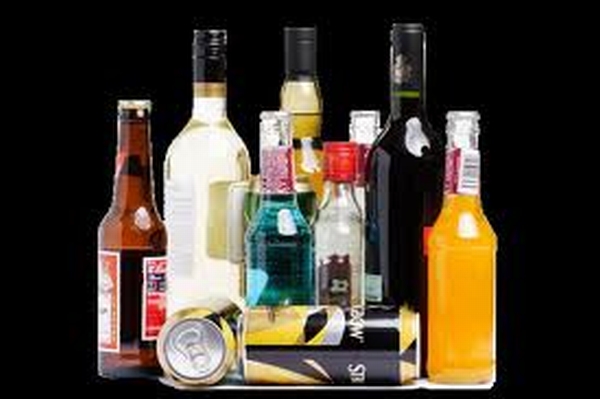
Alcohol use is a dicey topic. Few researches suggest that moderate drinking does not affect your health as much as heavy drinking does. But health risks are associated with high drinking as well as moderate drinking. This article throws awareness on the risks that a moderate as well as a heavy drinker faces.
Effects of moderate drinking
Though moderate drinking is permissible and does not affect our health, precaution must be taken to not shift to heavy drinking and make it a habit.
Health benefits of moderate alcohol use (in small doses)
Alcohol, if taken moderately, provides the following health benefits:
1. Decreases risk of heart disease.
2. Decreases risk of death by heart attack.
3. Probably reduces risk of ischemic strokes.
4. Reduces risk of gallstones.
5. Probably reduce risk of diabetes.
However, we cannot deny the fact that alcohol has negative effect on our health. Also not all people would be benefited by moderate alcohol consumption and their body might not be tuned to taking the alcohol content, no matter how small the quantity is.
It has been found that moderate alcohol consumption benefits mostly the older aged adults or people who are prone to the risk of heart disease, like high cholesterol. However, the best way to prevent heart diseases is to eat healthy diet. In the case of women, they should consult their doctors and discuss the possibility of taking folate as supplement so that any risk associated with alcohol and breast cancer is eradicated.
Moderate drinking includes one drink per day for women and two drinks per day for men; the standard set by The 2010 Dietary Guidelines for Americans. In this 1 drink standard we can consider:
- 355 milliliters or 12 ounces of beer:
- 148 milliliter or 5 ounces of wine
- 44 milliliters or 1.5 ounces of distilled spirits
Adhering to moderate drinking
The following strategies can keep you in the moderate drinking level and not prompt you to take heavy drinking:
1. Plan and schedule your drinking.
2. Measure your drinks.
3. Keep some pace between drinks.
4. Keep away from drinking when your are sad or when you are upset.
5. Eat fruits, salads or snacks when you drink. Go for foods with protein , like peanuts and cheese, as protein slows the absorption of alcohol in the circulatory system.
6. Accept a drink only when you want it.
7. Opt for quality and not quantity.
When you should avoid alcohol use
Alcohol consumption must be exempted completely under the following circumstances:
- You are pregnant or are wanting to become pregnant.
- You are consuming medicines that react with alcohol.
- You had a hemorrhagic stroke in past.
- Diagnosis confirm you to be suffering from alcoholism.
- You are having pancreatic or liver disease.
- You have weak heart or dilated cardiomyopathy.
- Before driving and operating a machinery.
In some circumstances you should be very cautious about drinking and should consult the doctor regarding it. These circumstances are:
- There is history of alcoholism in your family.
- You are taking prescription medications.
- You are using fever reducer or pain relievers medicines.
- There is history of breast cancer in your family.
Effect of heavy drinking
Unlike moderate drinking, heavy drinking does not offer any health benefit at all. High drinking can cause the following grave health problems:
- Cancer
- Pancreatitis
- If you have cardiovascular disease, high drinking can increase your risk of sudden death
- High blood pressure
- Alcoholic cardiomyopathy – heart muscle damage. This can lead to heart failure
- Stroke
- Temptation to suicide, if feeling sad and dejected
- Cirrhosis of the liver
- Injuries or death in accidents due to improper driving
- Health problems or fetal alcohol syndrome in unborn children
Alcohol consumption, big or small, is never a recommended practice. Avoid drinking, if possible. Otherwise, restrict yourself to be a social drinker and drink only occasionally in parties or gatherings. This way you would be cautious of not exceeding your limit.



